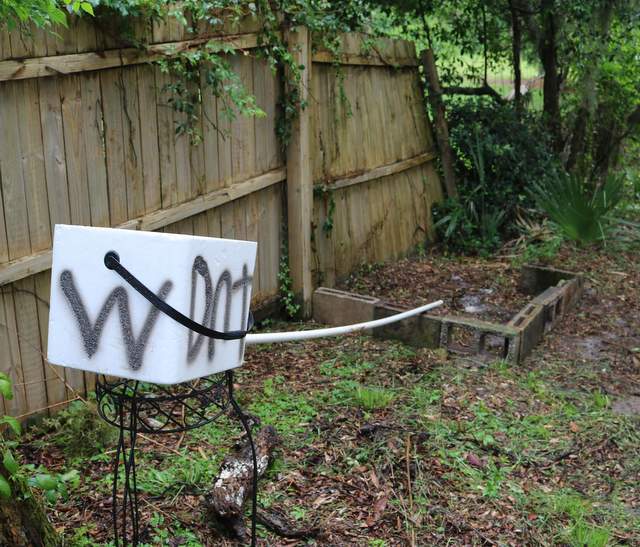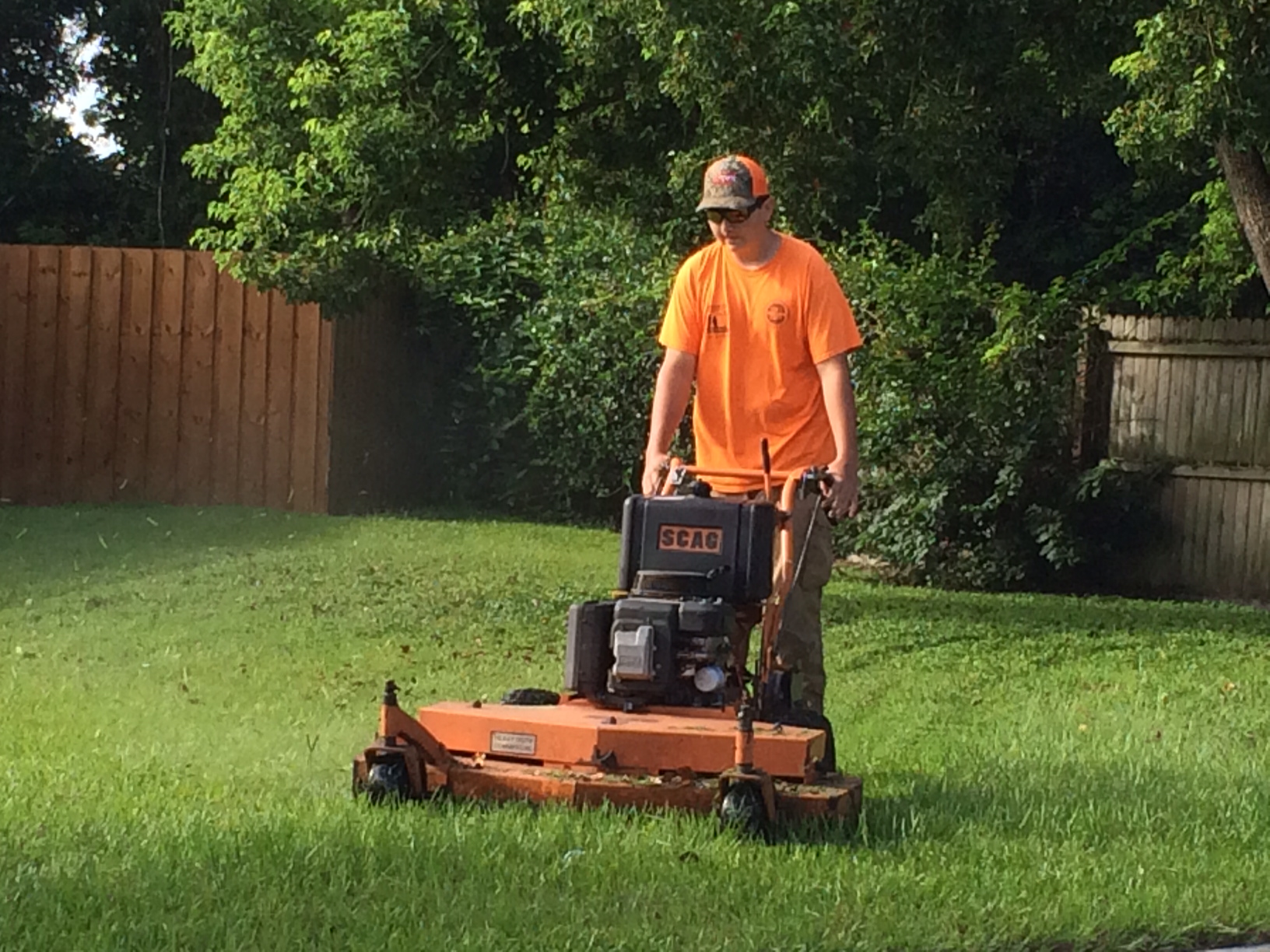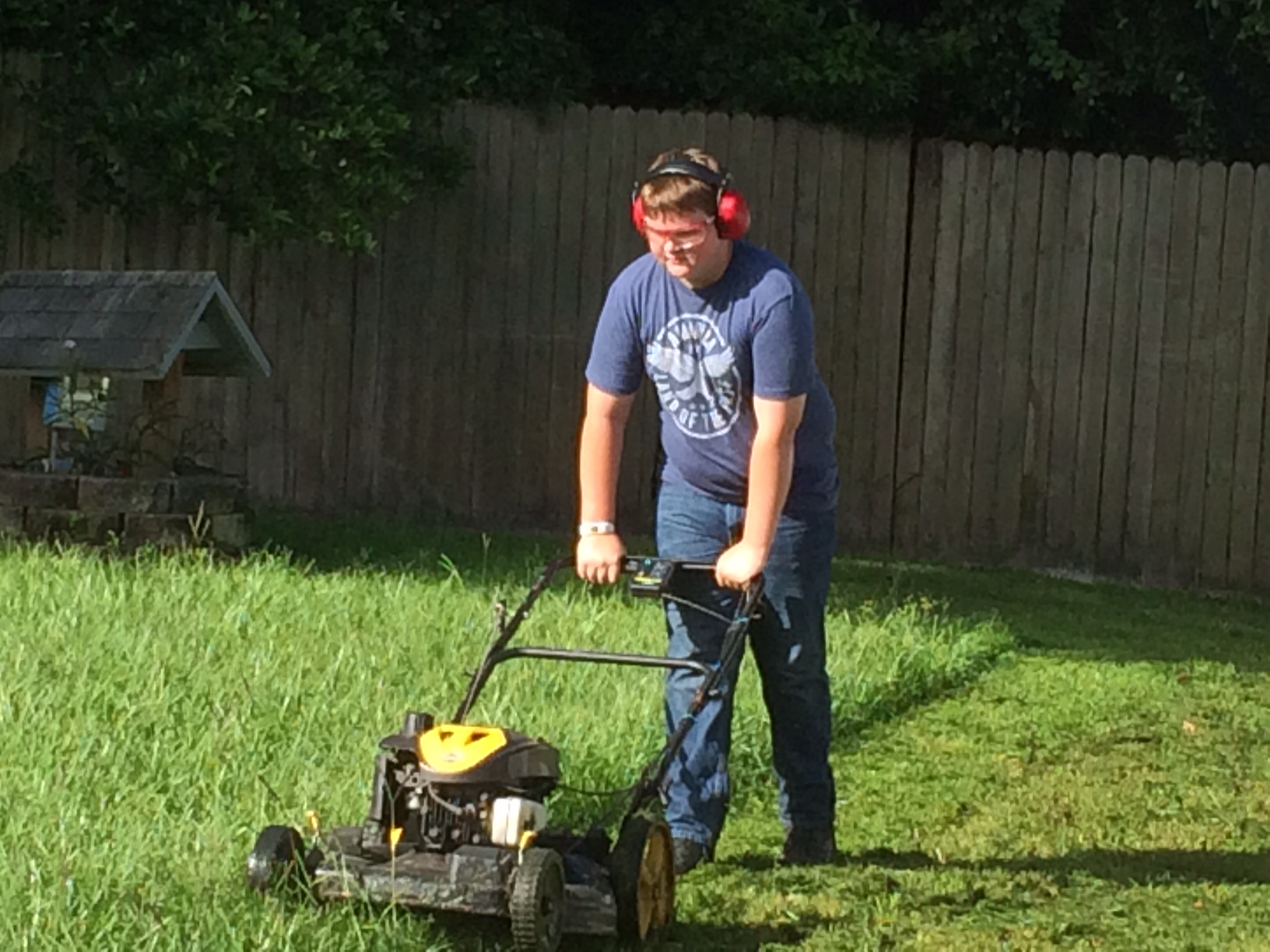
As an Amazon Associate, I may earn commissions from qualifying purchases from Amazon.com
You can homeschool without a textbook
I see a homeschooling trend centered around the public school textbook model. Set hours, many subjects, school rooms, and mothers who switch roles of teacher and mother each day. For many, it is exhausting, and the joy they expect from homeschooling disappears. However, you can homeschool without a textbook.
When we began homeschooling, I created a mini-school atmosphere down to the last detail and textbook. My bliss of being a teacher to my kindergartener quickly became drudgery when it did not go as smoothly as I had hoped. Grayson was compliant but unhappy. He was easily distracted and curious about anything but what was on the schedule.
Over time I realized there was another way to homeschool without a textbook. A more natural way that educated my children in ways that truly mattered, and the rest was sprinkled around our day. Literally living our daily life was the best learning experience to build skills, curiosity, and intelligence about how life intertwines with learning.
Faith plays a huge role in educating children at home. Faith that God has a plan for our children, not our plan, His plan. Being faithful that what our child needs will be provided and their gifts will emerge to nurture. Faith is the most challenging part. As parents, we project our ideas and dreams onto our children and sideline what their true potential and calling may be.
Homeschool and Daily Living
If you have a public school mindset, it is hard to understand how everyday living can teach your children. Preparing meals touches on reading, following directions, science, and even history. The skill of learning about food and preparing food takes years to master. Starting young and adding layers through the years will produce knowledge your children will carry for a lifetime. This is how to homeschool without a textbook
Chores are usually assigned to children through the years. However, looking at it from the perspective of your child’s future can change how you approach it. It’s easy to say “do this” or do it yourself because you want it done a certain way. It actually takes years to master cleaning. Using it as a teaching tool and coming alongside your child to do the chore has more benefits than throwing simple tasks at them. It takes years to consistently teach how to clean a toilet, floors, and laundry. Time and patience is the key and many parents are short on time due to academic pressures.
Reality
Listen, I am STILL working with my teenage son on correct bathroom cleaning. Do I have better things to do? Sure. Do I want to give up? Yep. But I don’t. Mothering him includes teaching him the skills to provide him with the knowledge to lead a productive life and have clean toilets.
Paying bills, banking, upkeep of a home, maintenance of a vehicle, and understanding the responsibilities of a job are important to teach our children. Hardships, illness, and the death of a loved one all hold such value that cannot be found in a book. Experiencing life alongside your children builds character, giving them the strength and confidence to pursue learning independently.
Homeschooling with Hobbies, Passions, and Gifts
A funny thing can happen when your weekly schedule is not full to the brim with exterior activities. Your children will have time to be bored and spark their creativity. Children need time to think for themselves. They need space to let their minds reveal their talents and gifts. It is paramount to have a place to create, research, or read about something they love. Therefore, the exact model of how to homeschool without a textbook.

Grant, my youngest son, seems to always be building something when left with free time. He has built a wooden camper in our backyard, and his latest adventure is a water collection system with PVC pipes to water his garden. Both required higher math skills, carpentry, and time to create what he saw in his head.
Experiential learning is not neat and tidy like a textbook. Trust me. Take a gander at that beautiful water pump. I wonder if I am sometimes living in an experiment of perpetual chaos. However, I realized many years ago that true critical thinking is acquired through hands-on learning.

Develop passion
Grayson, my oldest, showed many signs from a young age that he loved outdoors and sportsman activities. When we allowed this to foster, people began coming into his life that mentored him. Through our state wildlife program, he has terrific opportunities to hunt and be taught by experienced people. It takes up much time in the fall and spring but has developed his passion in ways we would not have found otherwise.
Grayson also started a lawn care business at age nine. He is now fifteen and employs his brother and his father. It was another leap of faith to allow him to take the time to build his business. We found that we could not have taught the skills he developed from a textbook. He has an entrepreneurial spirit that drives his business.

Communication skills, business development, banking and finances, machine repair and so much more have been learned through this experience. Real-life skills play out in daily life instead of reading about them in a textbook.
Homeschooling through Conversations
Busy lives can lead to more time in the minivan, rushing through meals, and no time to truly have quality conversations with your children. Ages and stages of children can test personalities and get through a regular day with multiple children can exhaust even the most enthusiastic mom.
With 15 years under my belt in homeschooling, I can say that hands down the most memorable moments are the great conversations. When children are young it can be as simple as why birds build a nest and as the years go by it can be about politics, finances, job choices, and body changes.
Knowing how to start a conversation can be challenging, especially if something is on your mind. Being fully present is the best way to gain your children’s trust. That means unplugging and not being distracted by everything else around you. When you actually look your child in the eyes and give them your full attention they feel valued. Then the words start coming for everyone, and it isn’t as hard as you thought.
Lay the groundwork
Are all conversations great? No. Sometimes you don’t feel like hearing about all the intricate parts of how a remote control car works, but you are building trust and confidence. This will lead to a more fluid conversation for the big stuff.
Be open with age-appropriate children about your own finances, goals, and dreams. When children feel included in their parent’s life and see them as regular people, it lays the groundwork for building strong relationships.
Homeschooling for the Long Haul
Have the courage to believe in your choice to homeschool. Then have faith that what your children need will be fulfilled. Begin with the basics, the 3 R’s, and then take time to build a home life. This will give you insight into what makes each child tick. When you know your children better, you can guide their learning accordingly. It doesn’t have to be cookie-cutter. Isn’t that why you chose to homeschool? To make a change in their education? You’ve got this. Trust your instincts and theirs.
Check out all the resources we have in our General Store that can bring this concept to life.
